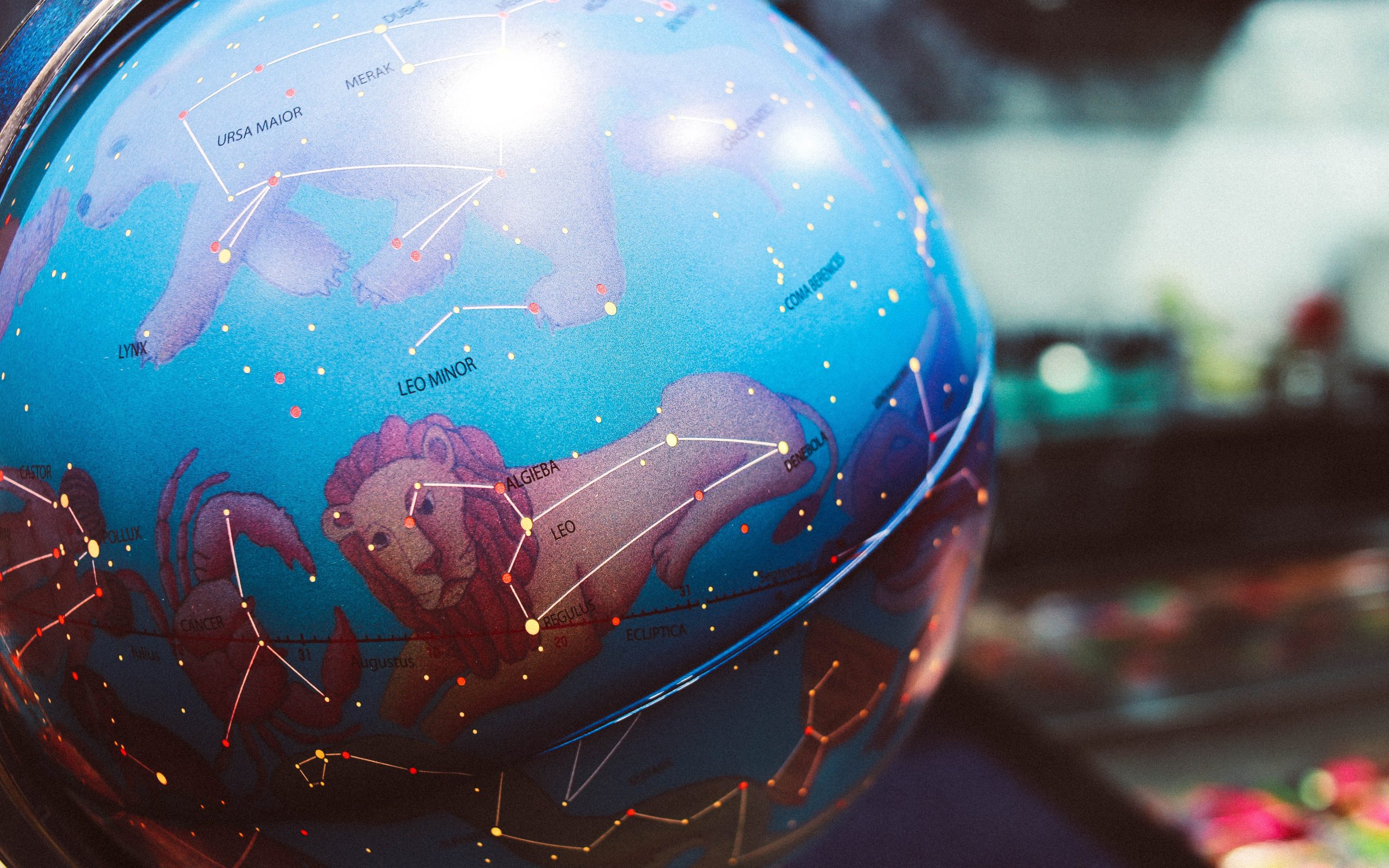Are Periods Affected by the Moon?
Introduction
The connection between the moon and various aspects of human life has long been a topic of fascination and speculation. One of the questions that frequently arises is whether the moon plays a role in menstrual cycles. In this blog post, we will delve into the scientific evidence and theories to explore whether periods are affected by the moon.
The Menstrual Cycle: An Overview
Before we can examine the possible link between the moon and menstrual cycles, it’s essential to understand the basic mechanics of the menstrual cycle itself. The menstrual cycle is an intricate process that involves hormonal fluctuations and the shedding of the uterine lining. On average, it lasts around 28 days, although variations between individuals are common.
The primary hormones responsible for regulating the menstrual cycle are estrogen and progesterone. Estrogen helps in the development and maturation of the egg, while progesterone prepares the uterus for potential implantation. If fertilization does not occur, these hormone levels drop, leading to the shedding of the uterine lining in the form of menstruation.
Historical Beliefs and Cultural Associations
Folklore and ancient cultural beliefs often associate the moon with fertility and women’s menstrual cycles. Many lunar calendars, such as the Chinese calendar, are based on the lunar month, which lasts approximately 29.5 days. These traditions suggest a perceived connection between the moon and female reproductive cycles.
However, it’s crucial to approach these beliefs with scientific skepticism until empirical evidence is presented. While cultural associations can be intriguing, they do not constitute scientific proof.
Scientific Studies and Findings
Several scientific studies have attempted to determine whether there is a genuine association between the moon and menstrual cycles. However, the evidence remains inconclusive and contradictory.
A study published in the journal “Acta Obstetricia et Gynecologica Scandinavica” examined the menstrual patterns of 826 women and found no significant correlation between the length of the lunar cycle and the length of the menstrual cycle. Similarly, a study in the “Journal of Obstetrics and Gynaecology” analyzed 74 cycles and concluded that no association between menstrual cycles and lunar phases could be identified.
While these studies contradict the notion that menstrual cycles are directly tied to lunar phases, other research has suggested a possible connection. For instance, a small study published in the journal “Psychoneuroendocrinology” indicated that some women may experience changes in the length of their menstrual cycle in response to lunar cycles, but these findings were not replicated in subsequent studies.
Theoretical Explanations
Although the evidence remains inconclusive, some theories have been proposed to explain a potential link between the moon and menstrual cycles.
1. Light and Melatonin: The moon’s phases affect the amount of light during the night, which, in turn, can influence the production of melatonin—a hormone involved in regulating sleep and reproductive processes. Some researchers speculate that variations in melatonin production may indirectly affect menstrual cycles.
2. Gravitational Pull: The moon’s gravitational pull affects ocean tides due to its proximity to the Earth. Proponents of this theory suggest that the gravitational pull could potentially affect the flow of blood in the human body, including the uterus, leading to changes in menstrual patterns.
3. Circadian Rhythm: The circadian rhythm, our internal biological clock, is influenced by light exposure. As the moon’s phases change the amount of light we receive at night, it may impact the hormones involved in regulating the menstrual cycle.
While these theories are intriguing, they require further research and empirical evidence to validate their claims. The complexity of the menstrual cycle makes it challenging to isolate the moon’s influence from numerous other factors that affect menstruation.
Conclusion
Despite centuries of belief and speculation surrounding the connection between the moon and menstrual cycles, scientific evidence remains inconclusive. While some studies have indicated a potential association, they have not been consistently replicated, and conflicting results complicate the issue. Though cultural and historical associations evoke curiosity, they do not provide scientific evidence.
Understanding the menstrual cycle is crucial for reproductive health, and individuals should focus on factors that have been scientifically proven to impact menstrual regularity, such as hormones, stress, age, and general health. It is essential to rely on evidence-based information and seek advice from healthcare professionals regarding menstrual health and well-being. While the moon may hold a mysterious allure, its connection to periods remains an open question that requires further scientific investigation.
References:
– Smith, S. (2016). Menstrual rhythms in lunar and real time. Journal of Obstetrics and Gynaecology, 36(1), 81-85.
– Danilenko, K. V., & Merkulov, A. V. (2013). Human sleep under the influence of full moon. Psychiatry and Clinical Neurosciences, 67(4), 216-221.
– Baker, F. C., Driver, H. S., & Rogers, G. G. (1997). Photoperiodic modulation of sleep and vigilance states in humans. The Journal of Clinical Endocrinology & Metabolism, 82(3), 876-881.
Table of Contents
